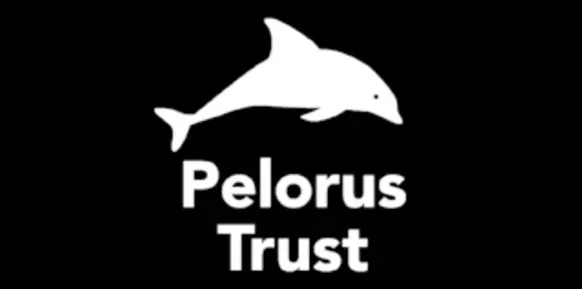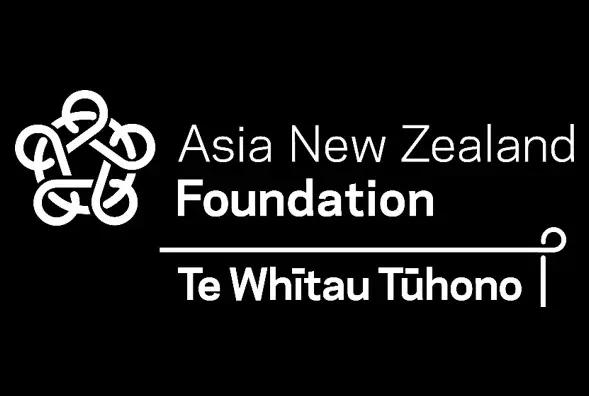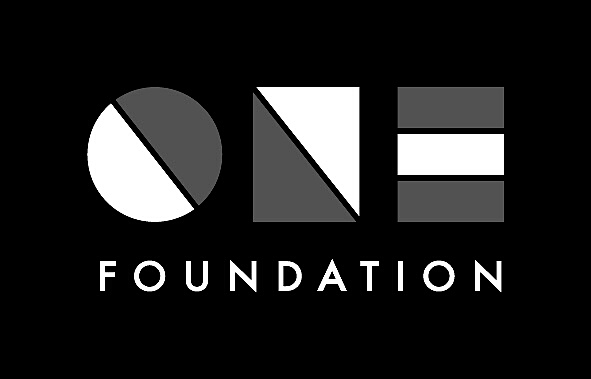Virtus intellectual impairment sport
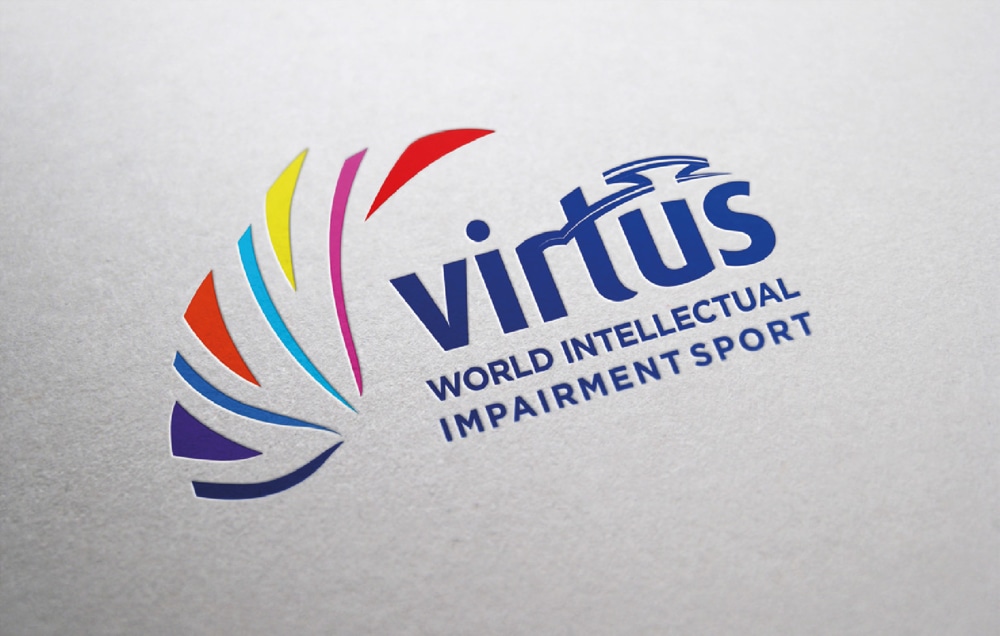
What is Virtus?
Virtus is the International Federation for athletes with intellectual impairment. Virtus is a founding member of the International Paralympic Committee.
Virtus governs the eligibility of athletes with an intellectual impairment, elite competition and sport development. Virtus advocates for inclusion in sport, and building elite pathways for more athletes with an intellectual impairment to compete at the highest levels of international sport.
Virtus in New Zealand
Paralympics New Zealand is the affiliated national member organisation for Virtus in New Zealand. PNZ governs the eligibility of athletes with intellectual impairment for Virtus sports and promotes Virtus elite competition and sport development.
Who is eligible to compete in the Virtus sports?
Intellectual Impairment is a global (or umbrella) term for a range of cognitive and developmental conditions.
Within Virtus competitions, there are three eligible groups:
- II1 (Intellectual Impairment)
- II2 (Significant Intellectual Impairment)
- II3 (Autism)
To compete in Virtus competitions, athletes must go through an eligibility process and be included on the Virtus Athlete Eligibility masterlist.
Find out more about these classifications on the Virtus website.
Virtus Academy: for athletes, coaches, and administrators
Virtus Academy is a global hub for research, training and education, to drive the development of elite sport for athletes with intellectual impairment.
Can athletes compete at both Virtus and the Paralympic Games?
Some athletes with an intellectual impairment in the II1 category are also eligible to compete at the Paralympic Games. The Paralympic sports with an intellectual impairment classification are Para athletics, Para swimming, Para table tennis and Para taekwondo. Only elite Para athletes with eligible intellectual impairments diagnosed before the age of 18 with an international classification status can compete at the Paralympic Games.
In simple terms the criteria state that a Para athlete must show:
- An IQ of 75 or lower.
- Significant limitations in adaptive behaviour as expressed in conceptual, social, and practical adaptive skills.
- Their impairment must have been diagnosed before the age of 22 (i.e. in the developmental stage of their life).
Is Virtus the same as INAS?
Virtus used to be called INAS. INAS (International Sports Federation for Persons with Intellectual Disability) was established in 1986. In 2020, the organisation was rebranded as Virtus World Intellectual Impairment Sport.
What’s the difference between Virtus and the Special Olympics?
The Special Olympics World Games are open to all people with intellectual impairments. To compete in Virtus Games or in the Paralympic Games, athletes must fulfill certain criteria and meet qualifying standards in order to be eligible.















